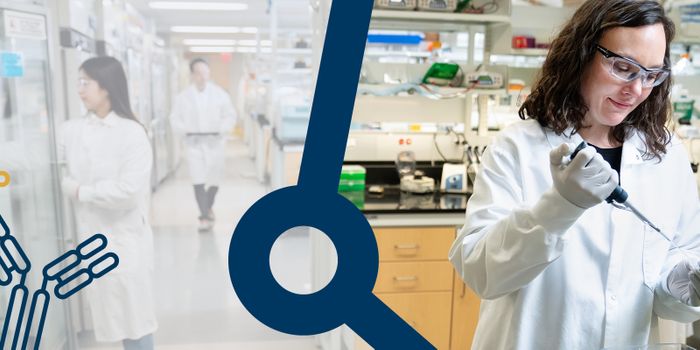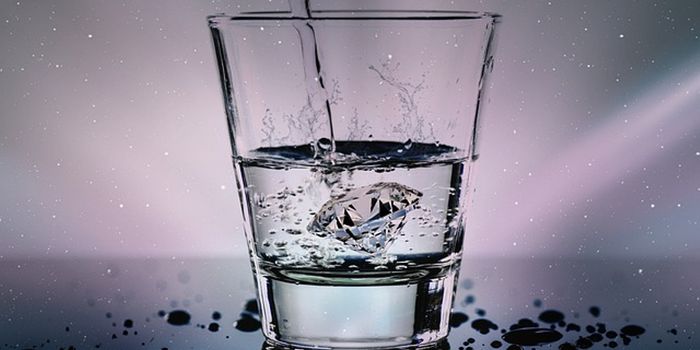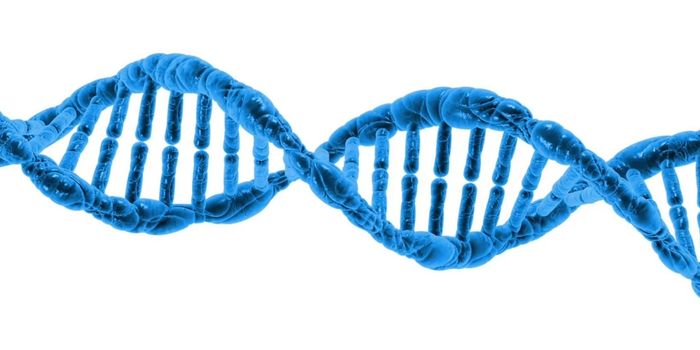Pass the Cranberries- They Just Might Help Prevent Cancer
Today across the United States, families gather to celebrate Thanksgiving, a day to give thanks for the previous year’s blessings. Thanksgiving is rooted in the 1621 autumn harvest feast shared by English colonists and the Wampanoag in Plymouth, Massachusetts. A similar celebration of a good harvest, the first official “thanksgiving,” took place in 1676 in Charlestown, Massachusetts, but this time the colonists did not invite their Indigenous neighbors as a period of war between the communities had recently ceased. Almost 150 years later, President George Washington designated Thanksgiving a national holiday in 1789, and in 1863, President Abraham Lincoln established the last Thursday in November as Thanksgiving. Still, it wasn’t until 1941 that the US Congress made Thanksgiving a legal holiday.
Thanksgiving has taken on a wide range of traditions ranging from family football games, parades, and, of course, lots and lots of foods. Last year, we talked about the centerpiece of Thanksgiving dinner, the turkey, and how it provides an essential amino acid called tryptophan. By way of its tryptophan, the turkey boosts T cells and dendritic cells, two immune cell subsets needed to identify and cancer cells. This year, we will explore the anti-cancer properties of another Thanksgiving staple- cranberries!
The tart fruit on plants of the genus Vaccinium, better known as cranberries, will find their way onto tables across the country today. Whether fresh, canned, crushed in juice, or suspended in Jell-O, cranberries will add a splash of festive color to your meal and also provide some critical enhancements to your immune system!
Pre-clinical research has demonstrated the inhibitory effects of cranberries on several cancers, including bladder, colon, esophageal, glioblastoma, prostate, and stomach. In fact, cranberries and nutrients derived from the fruit target several mechanisms of cancer inhibition. Research has shown that cranberry proanthocyanins, an extract derived from cranberries, reduce proliferation, the biological process of cell division and growth, of several types of cancer cells. Apoptosis, a biological process of cell death, increases in cancer cells treated with a cranberry extract.
Cranberries also provide many antioxidants that play a role in cancer prevention. Antioxidants identify and neutralize free radicals, unstable atoms found throughout the body. When free radicals build up, they damage DNA, leading to cancer development. By eliminating free radicals, the antioxidants found in cranberries hamper their cancer-promoting ability.
When you set your Thanksgiving table tonight, add an extra “thank you” to your list and recognize the cranberries for their health benefits!
Sources: Antioxidants, Oncol Reps, Nutr Cancer, Oncotarget, J Agric Food Chem, J Nutr, Prev Nutr Food Sci









